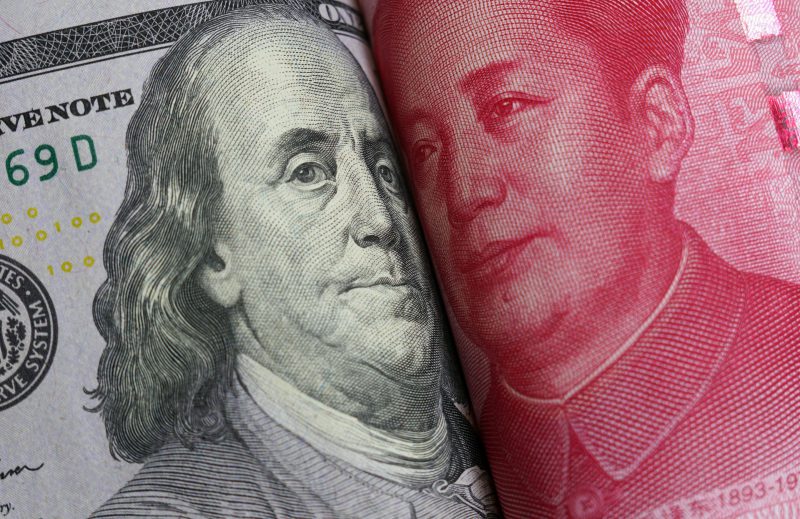On Tuesday, the International Monetary Fund (IMF) upgraded its economic forecast for Asia. The revision was based on China’s economic recovery. However, the IMF warned about risks from persistent inflation and market volatility. The fund points explicitly to the problems in the Western banking sector. China’s quick growth has many worried that the U.S. Dollar will soon be replaced as the international standard.
According to the IMF, the reopening of China’s economy would be crucial for the region. Moreover, they expect goods and services to drive the spillover to Asia, rather than investment. As per the IMF, Asia and the Pacific will be the most dynamic of the world’s major regions in 2023. Moreover, growth will be driven by positive outlooks for China and India, with growth rates of 5.2% and 5.9% respectively. However, according to the report, growth in the rest of Asia is anticipated to bottom out this year.
After growing 3.8% in 2022, Asia’s economy is predicted to grow 4.6% this year, accounting for over 70% of global growth. From October, the IMF increased its prediction by 0.3 percentage points.
Should the U.S. Dollar brace for China’s growth?
China, along with other BRICS countries has caused worry among other nations as the U.S. Dollar is slowly taking a step back on the global stage. However, the Chinese Yuan is far from being the dominant currency in global trade. In fact, rather than the Chinese Yuan, the BRICS nations (Brazil, Russia, India, China, and South Africa) have raised interest in creating their own currency.
Furthermore, the IMF decreased its prediction for Asian growth to 4.4% from 4.5% for the coming year. The organization also cautioned against risks to the outlook, including stickier-than-expected inflation, weakening global demand, and the effects of stress in the U.S. and European banking sectors. Asia has substantial capital and liquidity reserves to withstand market shocks. However, the highly leveraged corporate and household sectors in the region are “significantly” more vulnerable to a sharp rise in borrowing costs.
Additionally, China’s real estate sector still poses a threat to the country’s growth. To achieve a balanced recovery in the sector, policymakers must address these problems, according to the IMF.





